Material design for lymph node drug delivery & immunomodulation
Susan Napier Thomas is a Woodruff Associate Professor with tenure in the George W. Woodruff School of Mechanical Engineering in the Parker H. Petit Institute of Bioengineering and Bioscience at the Georgia Institute of Technology where she holds adjunct appointments in Biomedical Engineering and Biological Science and is a member of the Winship Cancer Institute of Emory University. She received her B.S. with honors in Chemical Engineering from the University of California Los Angeles and her Ph.D. in Chemical and Biomolecular Engineering from The Johns Hopkins University. She conducted her postdoctoral training at École Polytechnique Fédérale de Lausanne before launching her independent laboratory working on biomaterials for drug delivery and disease modeling
relevant to cancer immunotherapy. For her contributions to the emerging field of immunoengineering, she has been honored with the 2018 Young Investigator Award from the Society for Biomaterials for “outstanding achievements in the
field of biomaterials research”; and the 2013 Rita Schaffer Young Investigator
Award from the Biomedical Engineering Society “in recognition of high level of originality and ingenuity in a scientific work in biomedical engineering”; Her interdisciplinary research program is supported by multiple awards from the National Cancer Institute, the Department of Defense, the National Science
Foundation, and the Susan G. Komen Foundation, amongst others.Cristal Therapeutics is a highly innovative biotech company and applies three distinct and interconnected technologies together with biologic insight to improve the therapeutic profile of our partners’ programs in development. Based on over 10 years of real world experience, Cristal’s CliCr®, CriPec® and CriVac® technologies provide superior conjugation, enhance target specificity and engender highly selective immune responses, thereby increasing efficacy and reducing toxicity. The company aims to be the partner of choice for overcoming challenges and enabling the full potential of e.g. chemotherapeutic agents, immuno-oncology treatments and vaccines, amongst a broader range of therapeutics, tuned to modality and indication.
Susan Napier Thomas
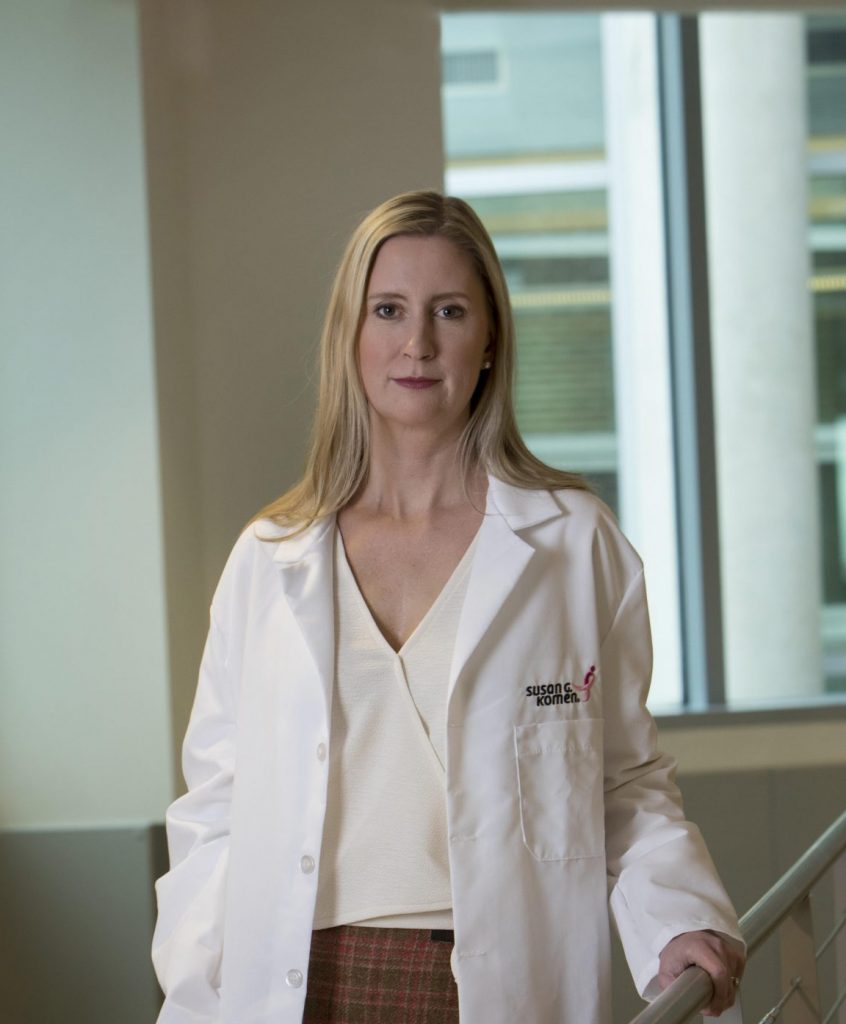
Woodruff Associate Professor at the Georgia Institute of Technology
Conception till Clinical Translation of Core-Crosslinked (CriPec®) Polymeric Micelles & future Diversification
Cristianne Rijcken

Founder and CSO Cristal Therapeutics
Twan Lammers (Invited Chair)
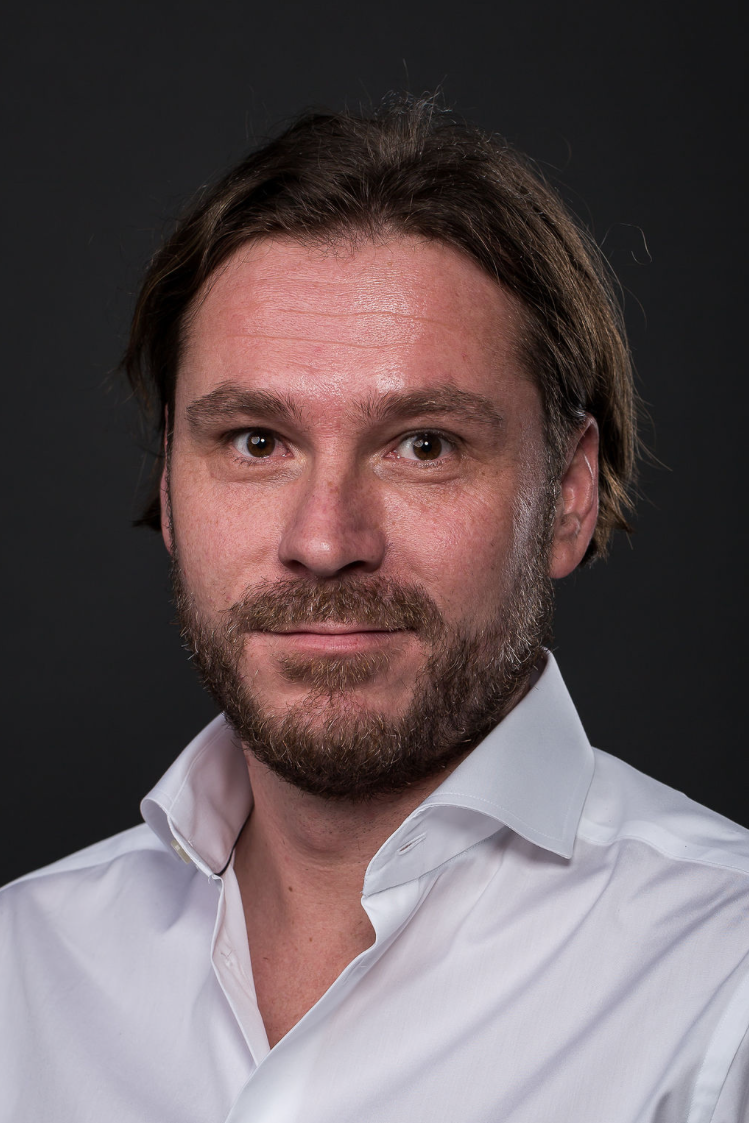
Head of the Department of Nanomedicine and Theranostics, at the Institute for Experimental Molecular Imaging (ExMI), at RWTH Aachen University Clinic.
Strategies to promote cancer nanomedicine performance and clinical translation
Exploiting the physiology of the blood-brain barrier to deliver therapy-loaded nanoparticles specifically to the brain
Daniel Gonzalez-Carter

Senior Scientist/Junior leader research fellow at Institute for Bioengineering of Catalonia (IBEC), Barcelona, Spain
Gianfranco Pasut
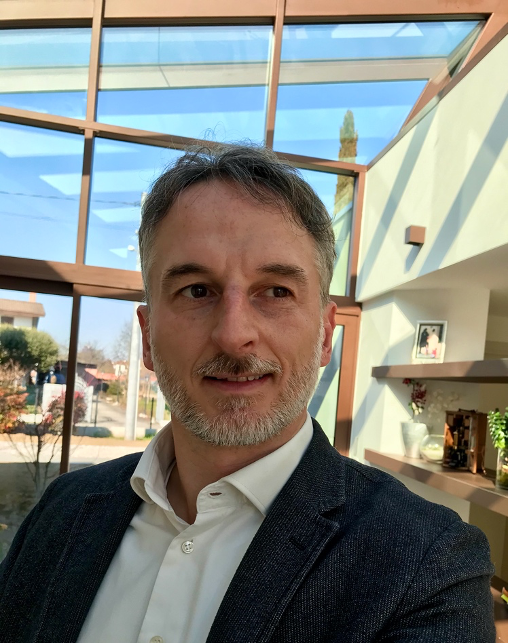
Full Professor of Pharmaceutical Technology, Department of Pharmaceutical & Pharmacological Sciences – University of Padova.
The role and impact of polyethylene glycol on anaphylactic reactions to COVID-19 nano-vaccines
Gianfranco Pasut is a Full Professor of Pharmaceutical Technology at the Department of Pharmaceutical and Pharmacological Sciences – University of Padova, Italy. He received the Ph.D. in Pharmaceutical Sciences in 2003 from the University of Padova. He was visiting Ph.D. student at the Rheumatology Dept, Medical School – University of Pennsylvania (USA) and visiting scientist at the School of Pharmacy – University of Reading (UK).
Gianfranco Pasut has more than 20 years of research experience in the field of drug and protein delivery, in particular by polymer conjugation. He has developed numerous methods of polymer conjugation to proteins and has collaborated with several companies. His research lab is investigating new approaches of polymer conjugation, Antibody Drug Conjugates, and targeted liposomes. He has pioneered and expanded the use of the enzyme transglutaminase for the development of new conjugates. Pasut is the author of more than 70 publications, 14 book chapters, and the inventor of 10 patents. He is the scientific editor of a book on PEGylation. He has also participated in scientific advisory boards of private pharmaceutical companies. He is Specialty Chief Editor of Frontiers in Medical Technology | Nano-Based Drug Delivery, and Associate Editor of Heliyon | Chemistry.
Nanoparticular RNA vaccines
Dr. Mustafa Diken
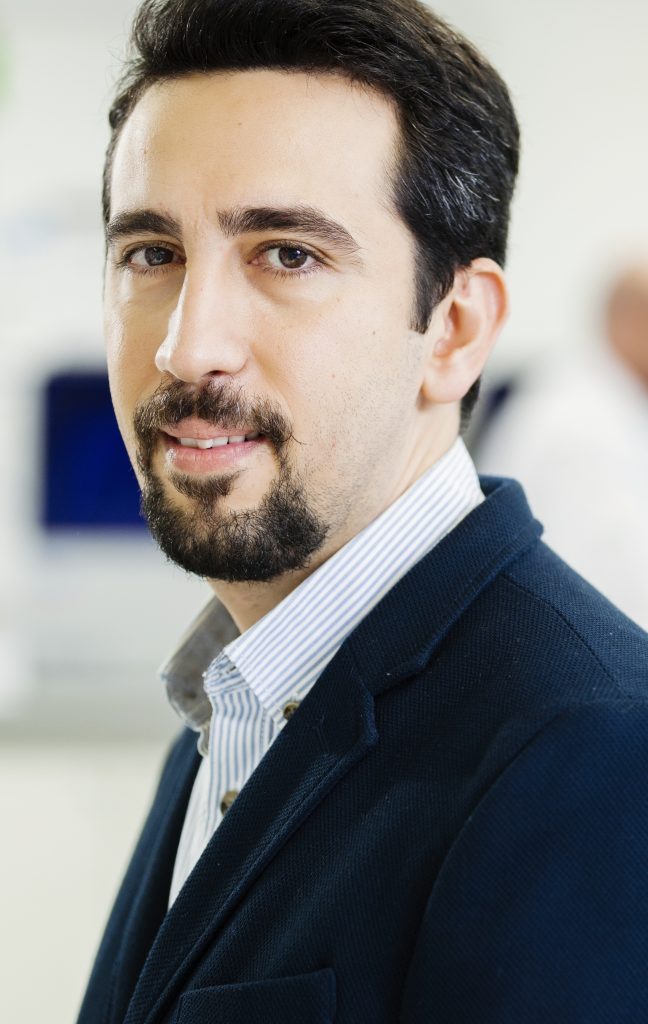
Deputy Director Immunotherapy Development Center at Translational Oncology Institute
Anand Subramony
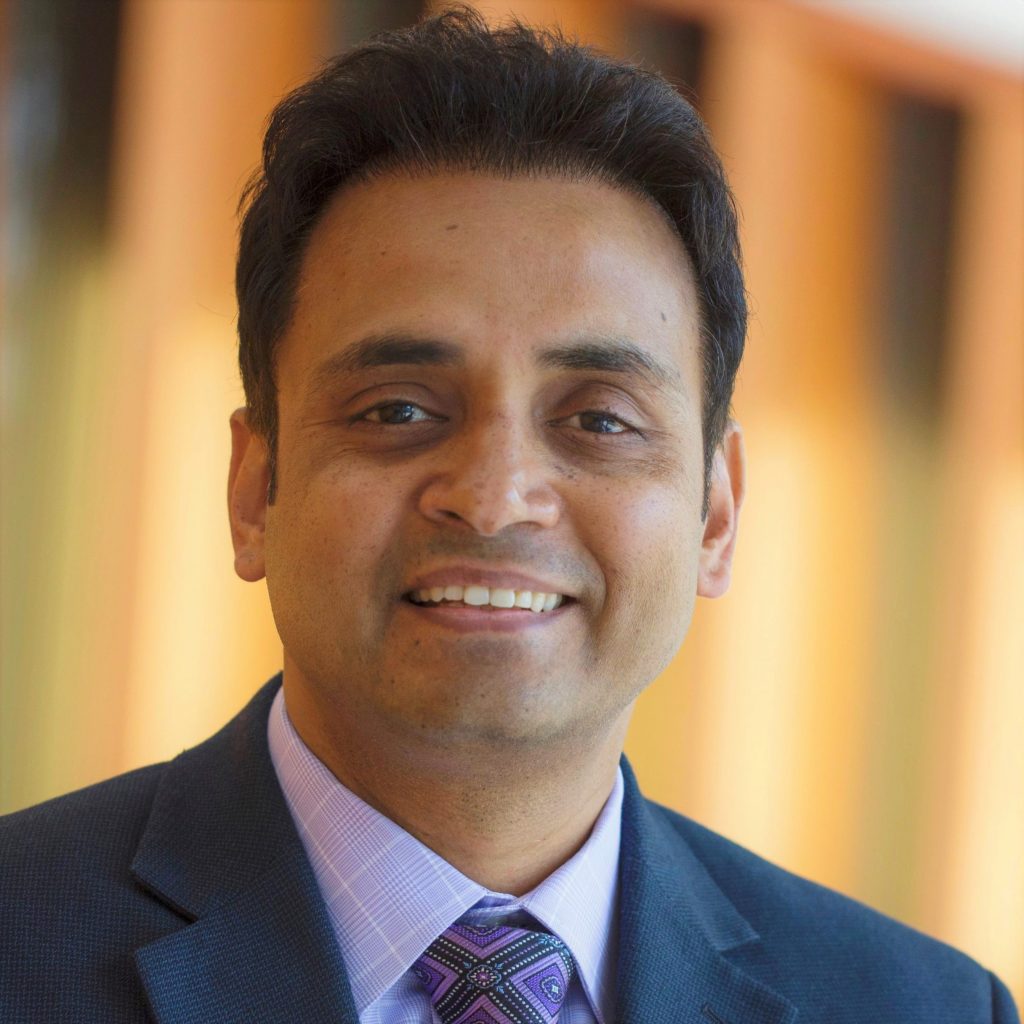
Vice President of External innovation and Novel Technologies at AstraZeneca
Precision medicine-from bench to bedside
Advancing the Treatment of Childhood Cancer through Nanotechnology
Maria Kavallaris
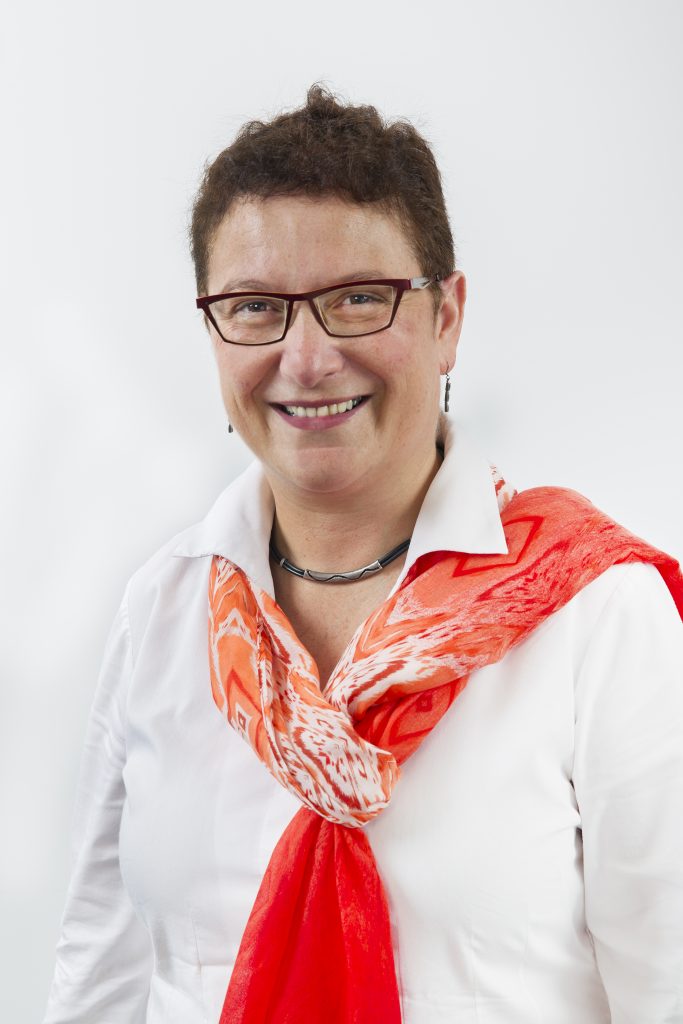
Founding Director, Australian Centre for NanoMedicine, University of New South Wales
Theme Head, Translational Cancer NanoMedicine, and Group Leader of Tumour Biology and Targeting Group, Children’s Cancer Institute, Sydney, Australia
Ann-Christin Pöppler
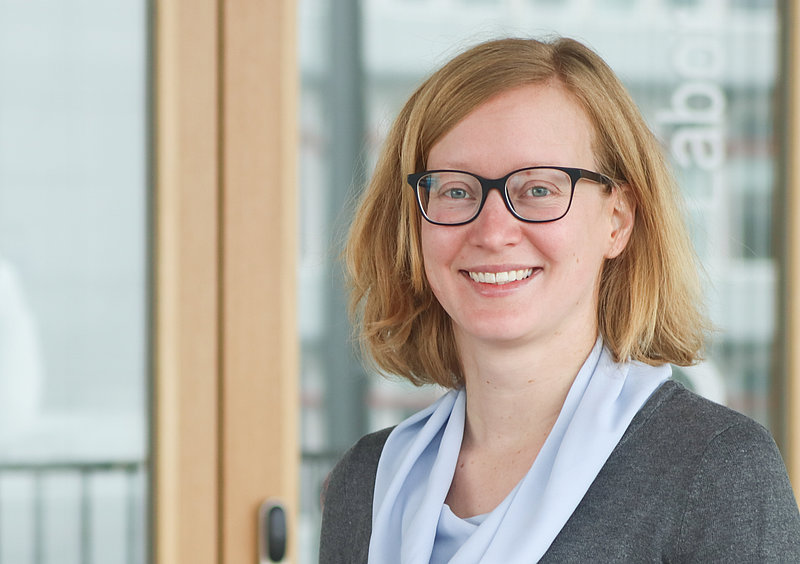
Jun.-Prof. of Organic Structural Chemistry/Institute of Organic Chemistry/University of Wuerzburg
Marisol Quintero

PhD, MBA, CEO. Highlight Therapeutics
Maria Blanco Prieto
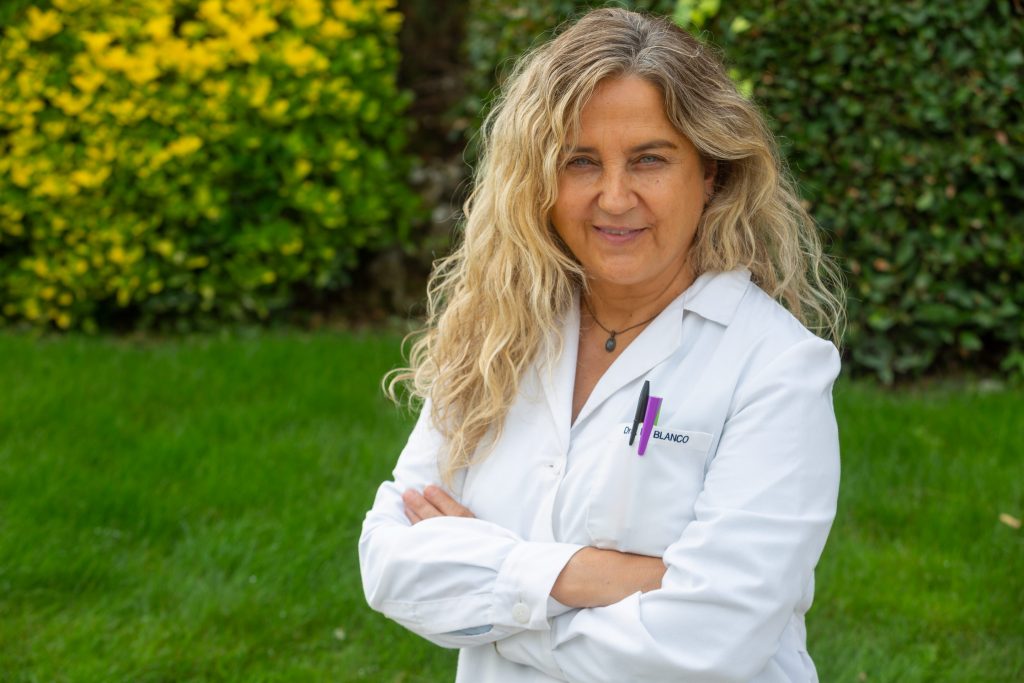
University of Navarra (Full Professor)
Nanomedicines for pediatric cancers
Zwitterionic phospholipidation of cationic polymers facilitates systemic mRNA delivery to the spleen and lymph nodes
Daniel Siegwart
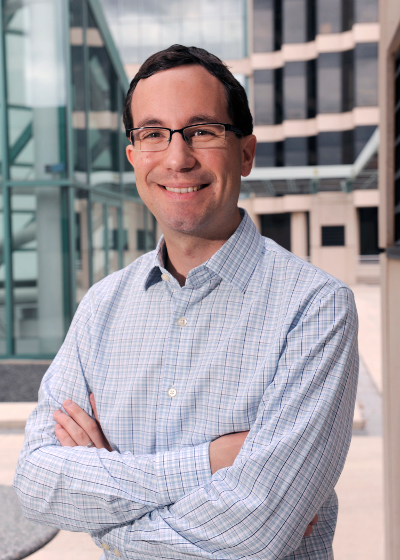
Co-director of the SCCC Chemistry & Cancer Program CPRIT Scholar in Cancer Research
Manuel Sanchez-Felix
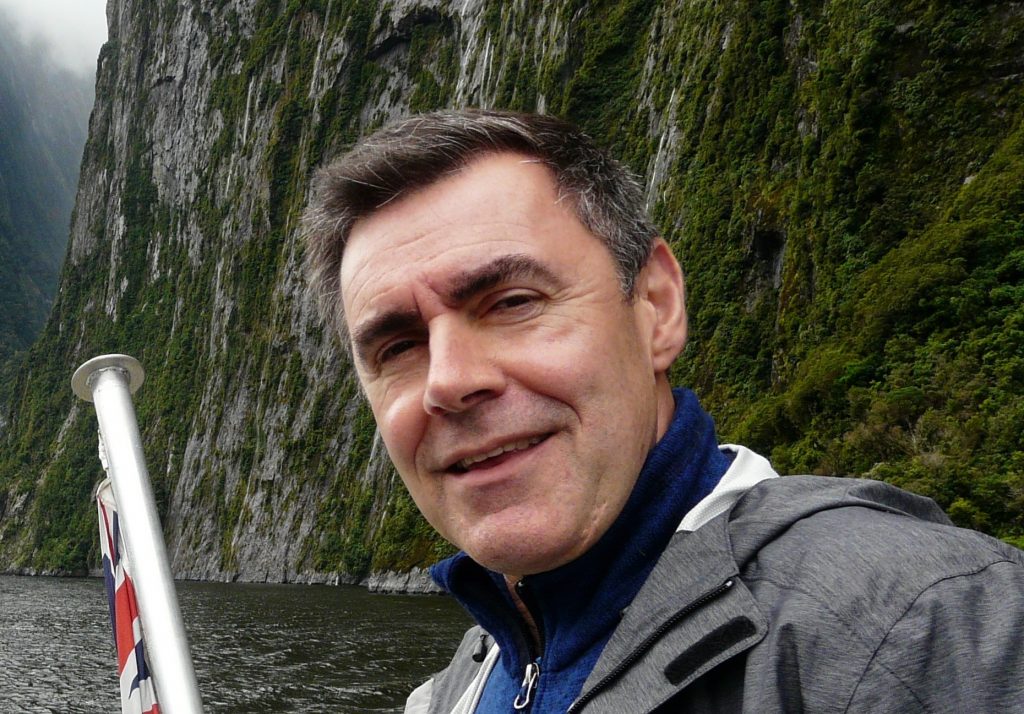
Associate Director, Novel Delivery Technologies Group, Novartis Institutes for BioMedical Research
Multivalent Anticancer Nanovaccines
Helena Florindo graduated in Pharmaceutical Sciences in 2003 (University of Lisbon) and obtained her Ph.D. degree in Pharmaceutical Technology in 2008 (University of Lisbon), in collaboration with the University of London.
Currently, she is an Associate Professor with tenure and habilitation in the department of Pharmacy, Pharmacology and Health Technologies at the Faculty of Pharmacy, University of Lisbon. Since 2015, she is the head of the BioNanoSciences – Drug Delivery & Immunoengineering Research Group, at the Research Institute for Medicines (iMed.ULisboa), University of Lisbon.
Helena is also a member of the Portuguese Medicines Agency Evaluation Board (INFARMED) and an expert to the European Medicines Agency (EMA), thus supporting the evaluation of marketing authorization procedures for new drugs and biologics. This knowledge in regulatory sciences also guides the research within her research group, which has been motivated by the immune-oncology field towards the rational development of functionalized nanobiomaterials as novel immunotherapies for cancer treatment. It includes the characterization of the anti-tumor effects induced by the combination of nano-vaccines with nano-therapeutics designed to modulate the functions of key cells within tumor microenvironment, such as T cells, myeloid-derived cells and tumor cells.
Her major topics of research are:
- Regulation of immunity by targeting dendritic cells (DC) using nanotechnology-based tools to combine the antigen carry capacity of nanoparticles (NP) and the specific targeting and maturation of DC receptors in vivo. It aims to i) enhance antigen delivery to DC; ii) modulate antigen intracellular processing and presentation pathways; iii) block signalling pathways related to tumour evasion mechanisms.
- Size-based targeting of lymph node-resident immune cells by NP to overcome major barriers for vaccine components and immunotherapies.
- Characterization of bio-responsive materials impact on germinal center response to generally improve vaccine efficacy.
- Dissecting tumor stromal and immune cell interplay to guide the design of multi-targeting nano-conjugates as innovative immunotherapeutic treatments against metastatic cancer diseases. Our recent work is focused on the characterization of the interplay immune cells-lymphatic endothelial cells-tumor cells, especially in the brain, which knowledge we are using to tailor nano-therapeutic development.
Helena F. Florindo
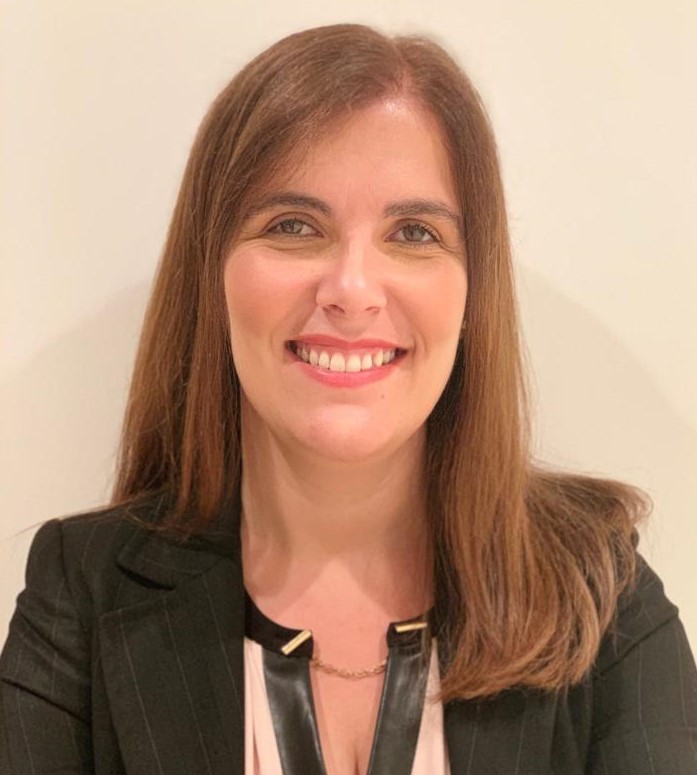
Associate Professor with habilitation; University of Lisbon, Faculty of Pharmacy
Ronit Satchi-Fainaro
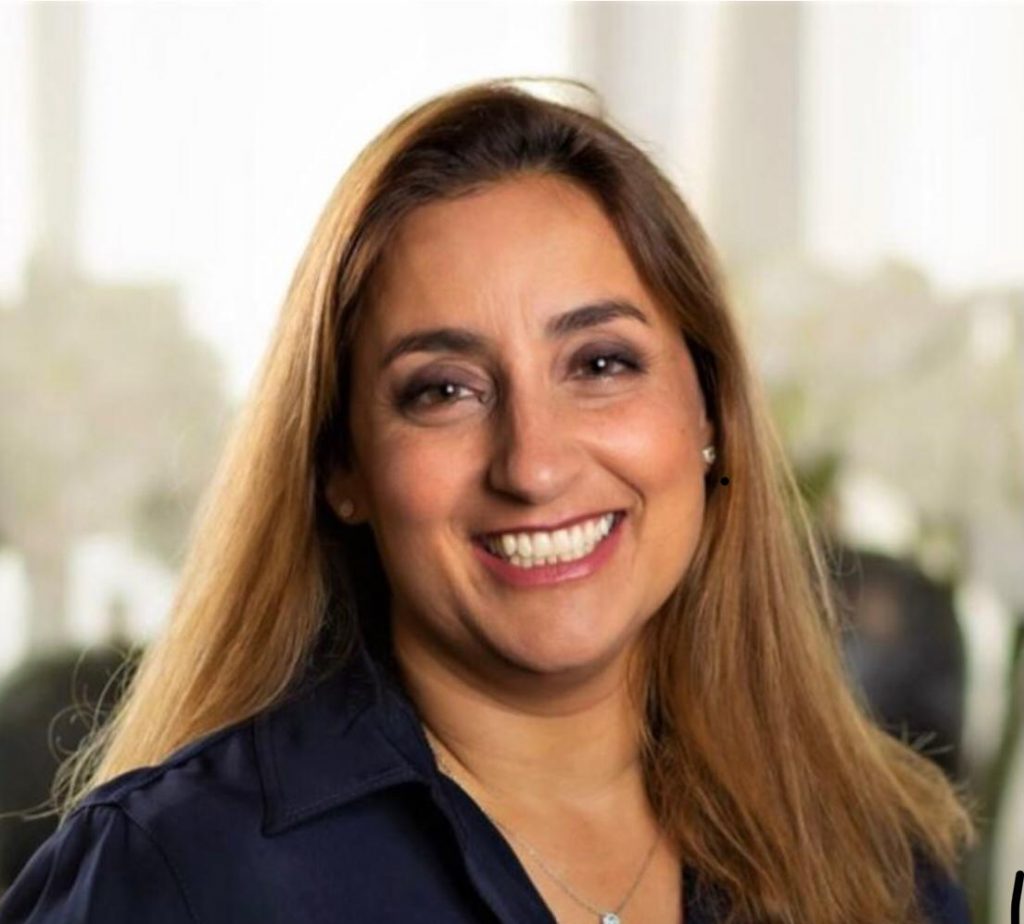
Head, Cancer Research and Nanomedicine Laboratory | Kurt and Herman Lion Chair in Nanosciences and Nanotechnologies | Director, Cancer Biology Research Center, Tel Aviv University | Department of Physiology and Pharmacology, Sackler Faculty of Medicine, Room 607, Tel Aviv University
Lutz Nuhn
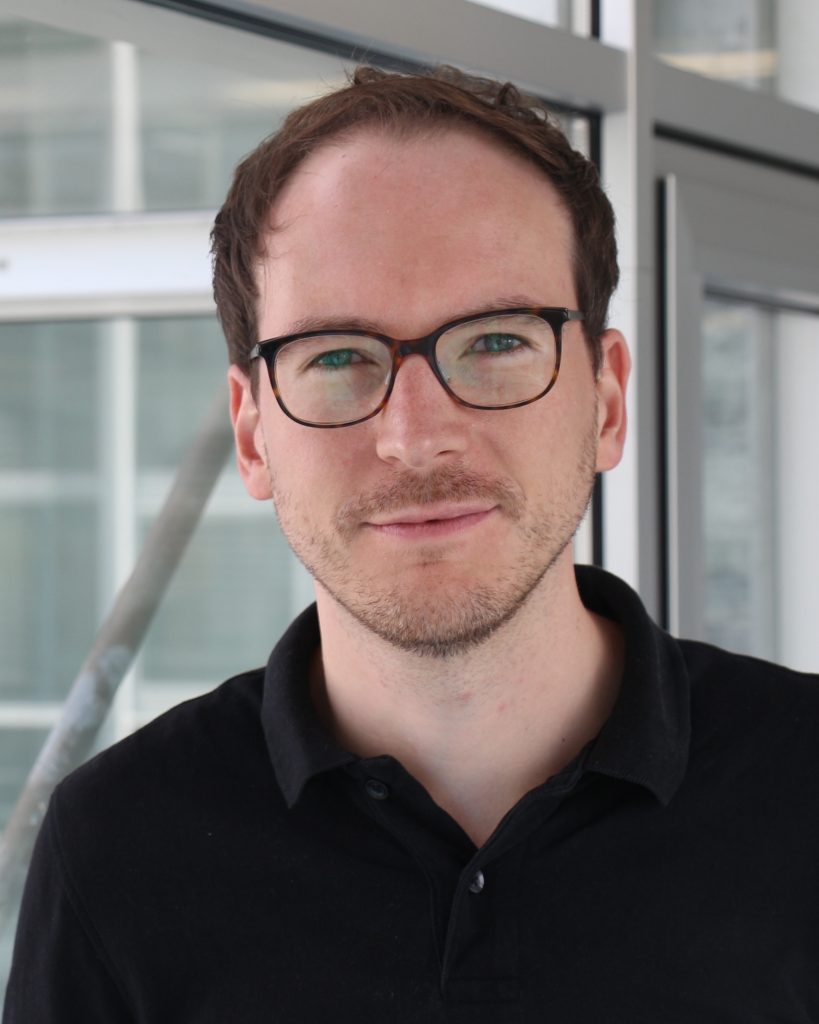
University of Würzburg, Germany
Satoshi Uchida

Associate Professor Medical Chemistry, Graduate School of Medical Science, Kyoto Prefectural University of Medicine
Deputy Principal Research Scientist Innovation Center of NanoMedicine (iCONM) Kawasaki Institute of Industrial Promotion
Matthias Barz
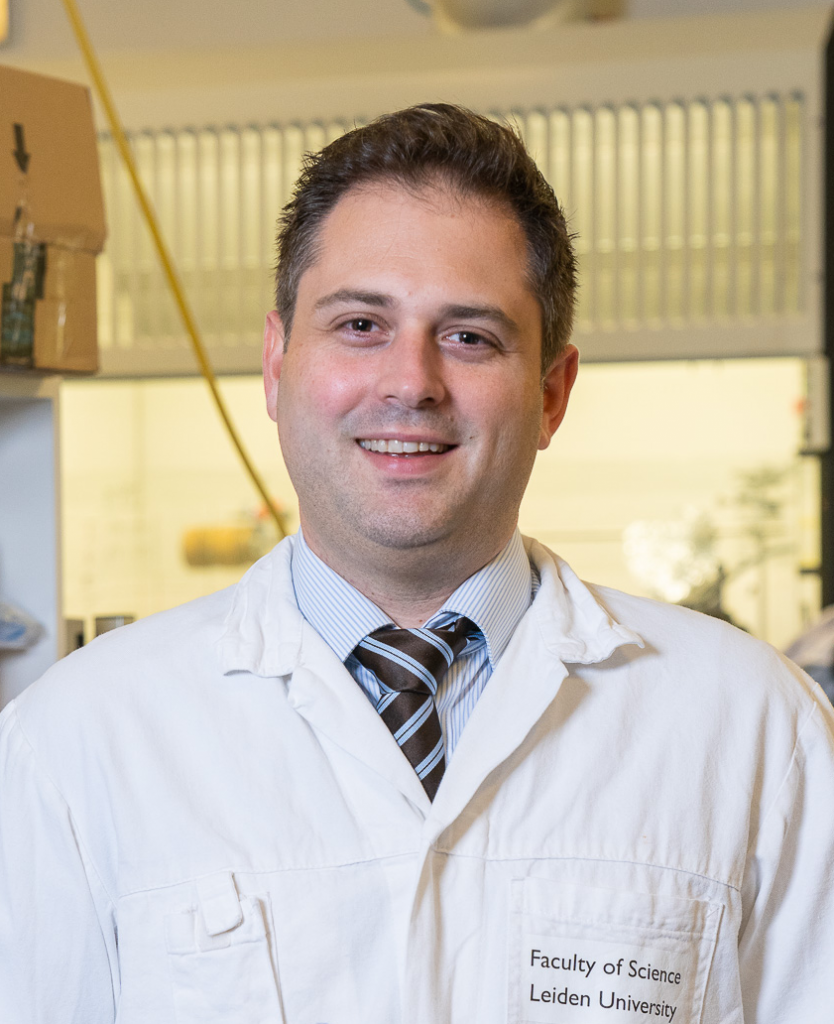
Full Professor for Biotherapeutic Delivery Leiden Academic Center for Drug Research (LACDR)
Fabian Kiessling

Chair of Experimental Molecular Imaging University of Aachen (RWTH)
Discovering advanced polymeric systems by an automated and AI-driven polymer chemistry platform
Adam Gormley
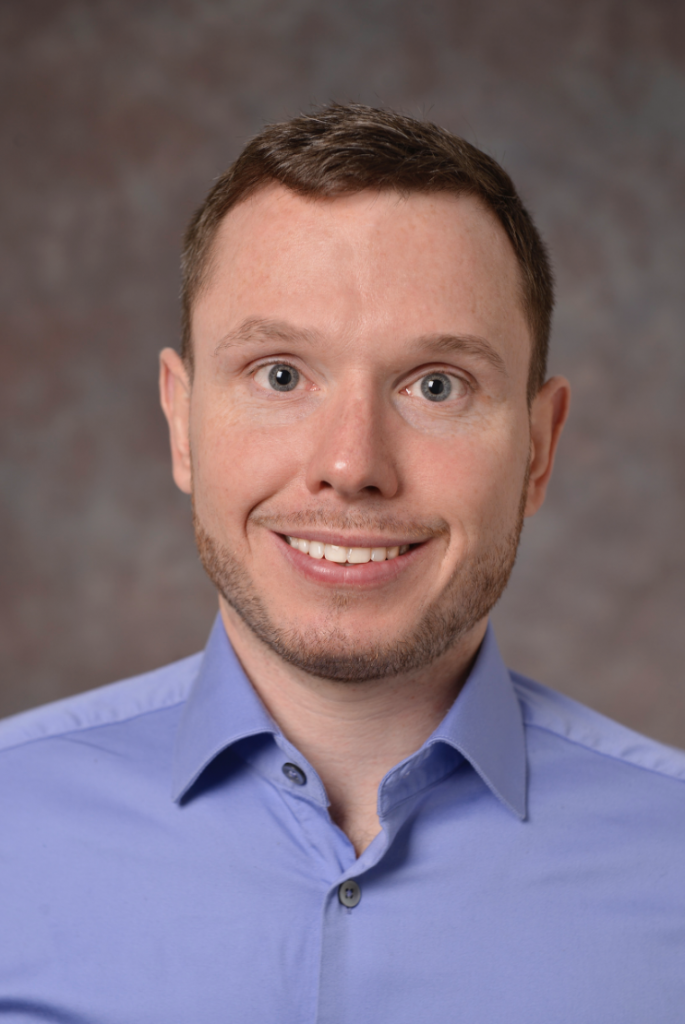
Assistant Professor of Biomedical Engineering at Rutgers University
Gloria García Palacios
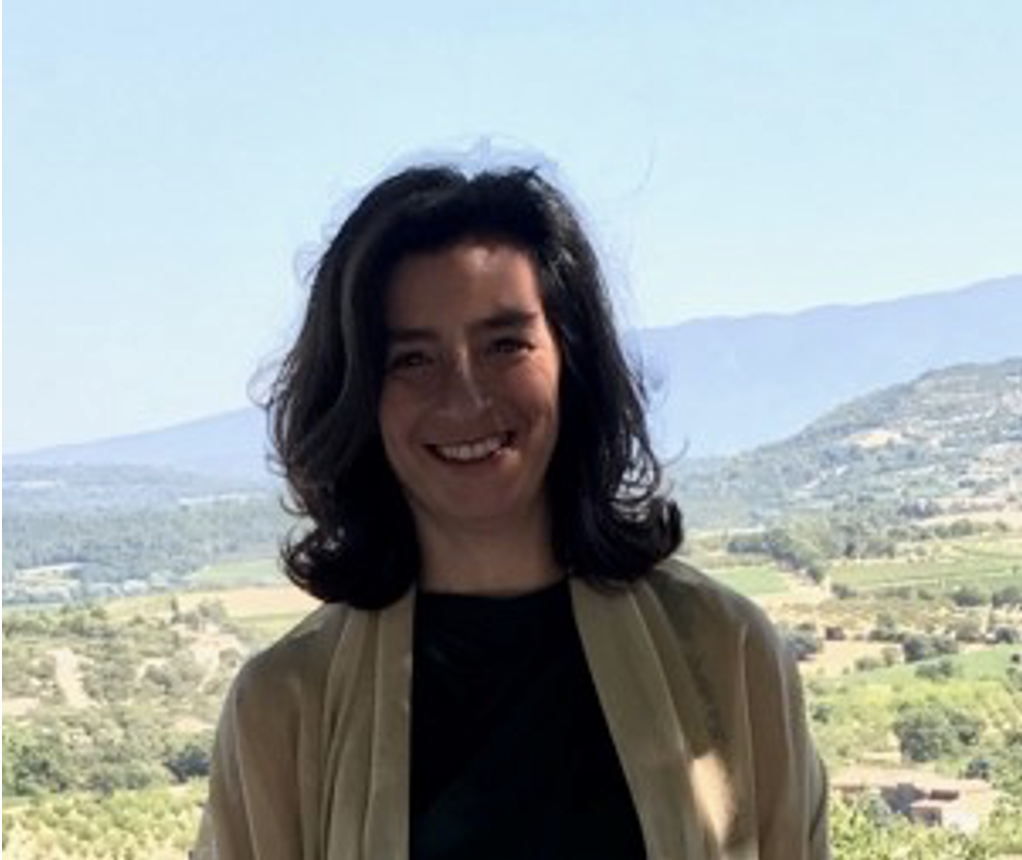
GRA EU Region – Specialty Care – Head I&I and Dupilumab Global Regulatory Affairs
Robert Luxenhofer

Professor for Soft Matter Chemistry, Department of Chemistry, University of Helsinki
Christopher Eggers
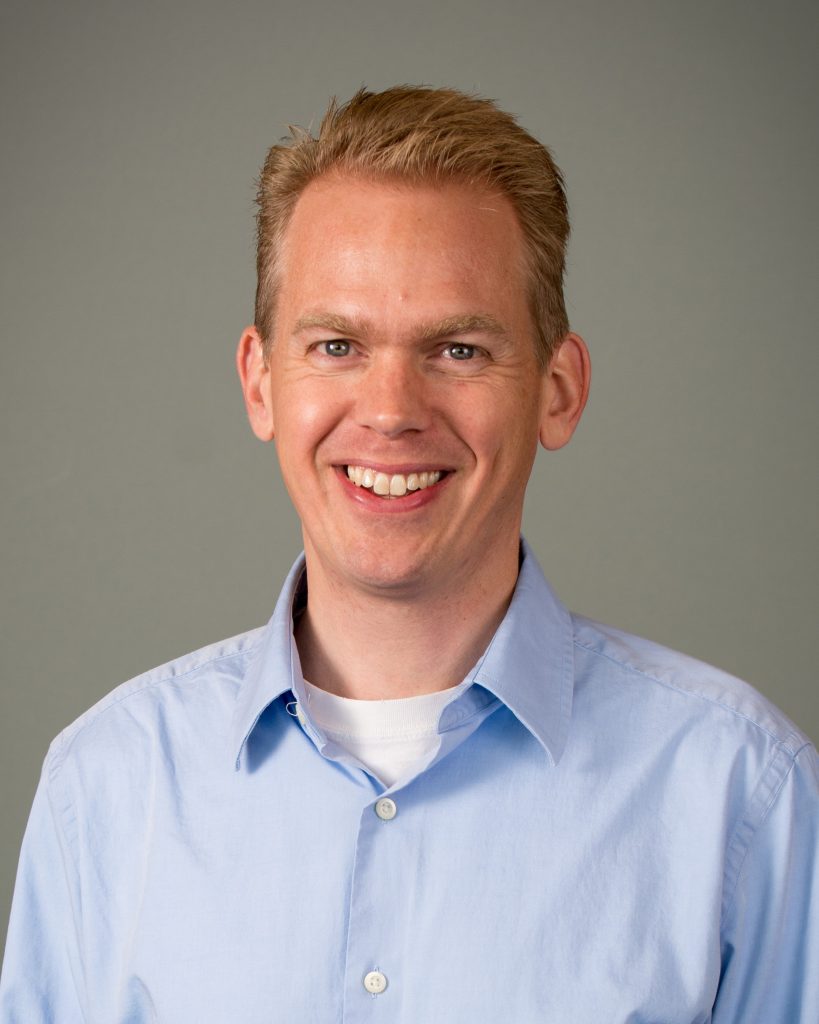
Senior Research Scientist at Promega
Mohammed Olusegun Balogun
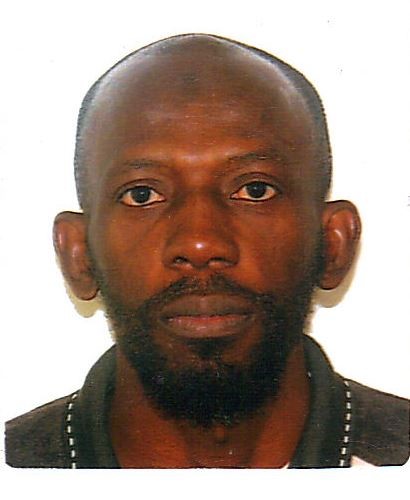
Principal scientist at the Center for Nanostructures and Advanced Materials, CSIR, South Africa
Roey J. Amir
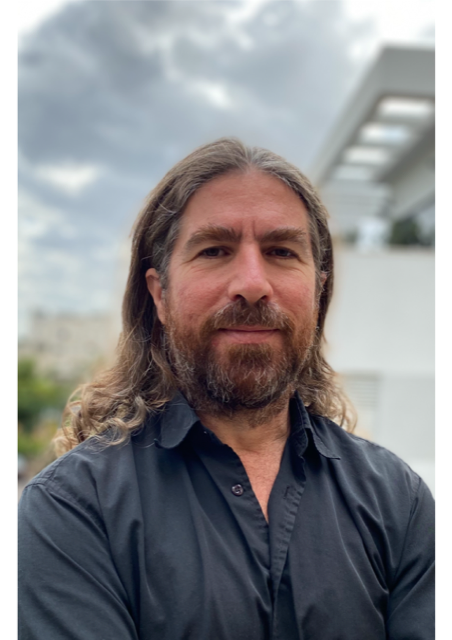
Academic Head of the ADAMA Center for Novel Delivery Systems in Crop Protection Academic Head of the Medicinal Chemistry Unit in The Blavatnik Center for Drug Discovery
Architectural changes as a tool for controlling the stability and reactivity of polymeric assemblies.
Sébastien Rouzeau
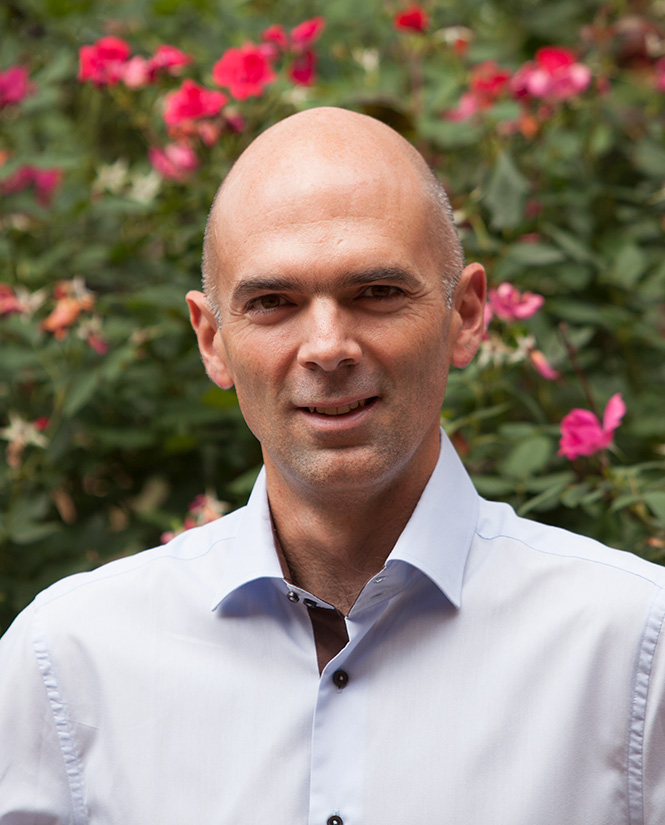
Product Manager GPC/SEC Systems at TOSOH BIOSCIENCE
Michael Bevilacqua
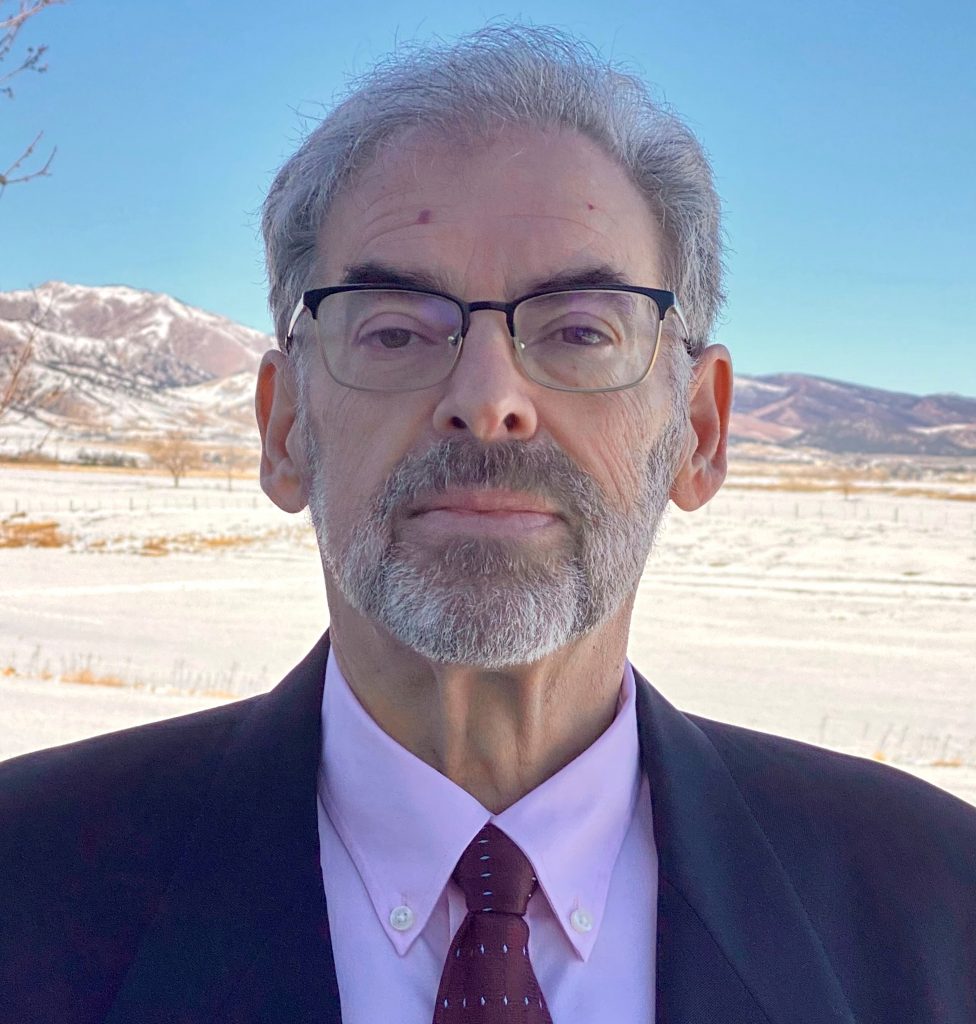
Co-founder, CEO, & CSO of Amicrobe, Inc.
Marianne Ashford
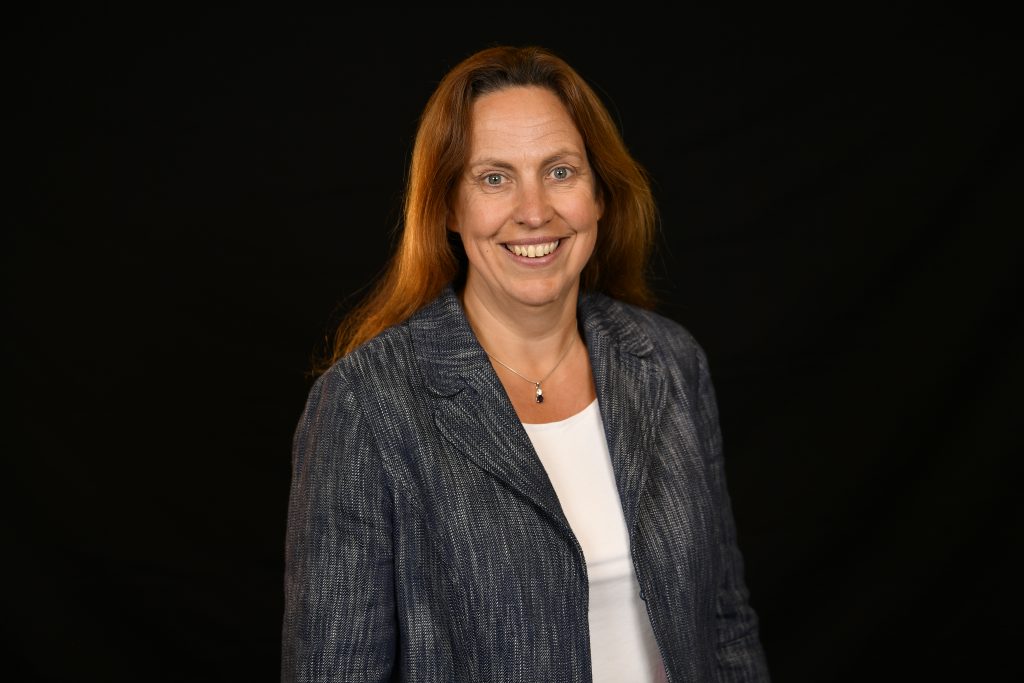
Senior Principal Scientist in Advanced Drug Delivery Department within Pharmaceutical Sciences at AstraZeneca
Eric Allémann
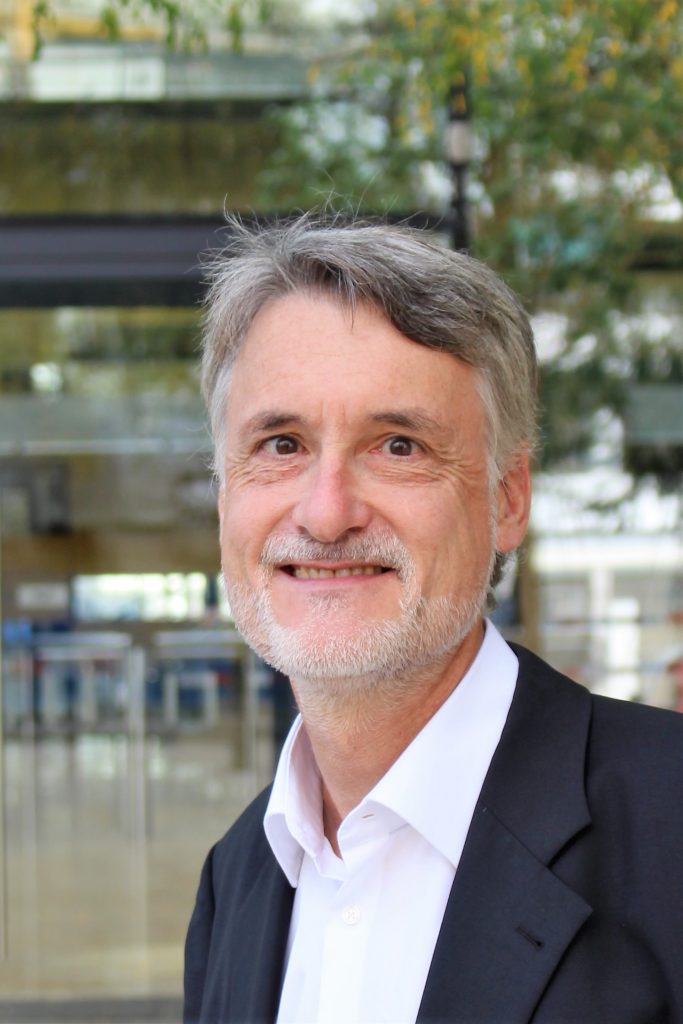
Co-founder of KYLYS, committee member of the Société académique de Genève, committee member of UNITEC, TTO of University of Geneva, president of the Institute of translational molecular imaging Foundation (Geneva), president of the Mark Birkigt fund
Vascular-targeted micelles as MRI contrast agents for molecular imaging
Peter L. Turecek
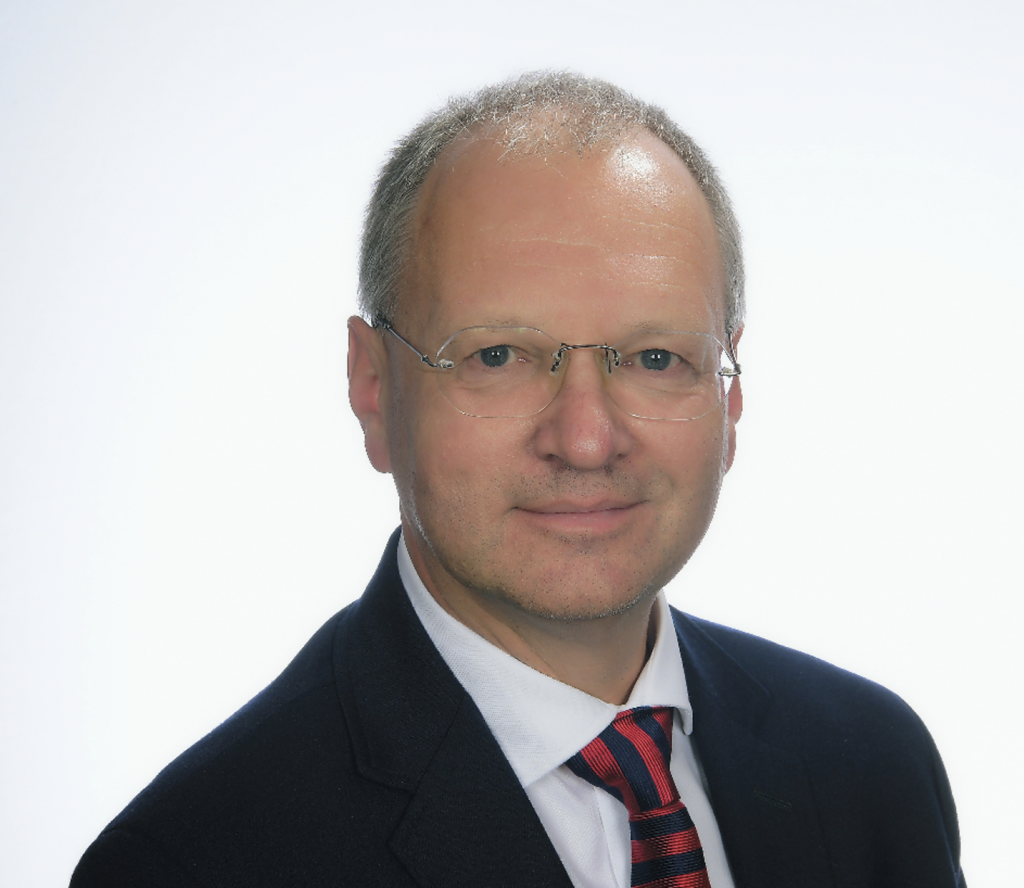
Hon.Prof (FH) Univ.-Doz. Dr. Senior Director
Khaled Greish
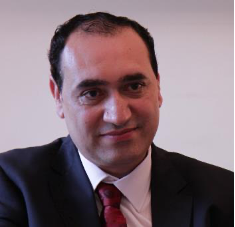
Professor of Molecular Medicine, and head of the Nano-research unit, at Princes Al-Jawhara Center, Arabian Gulf University, Kingdom of Bahrain
Warren Chan
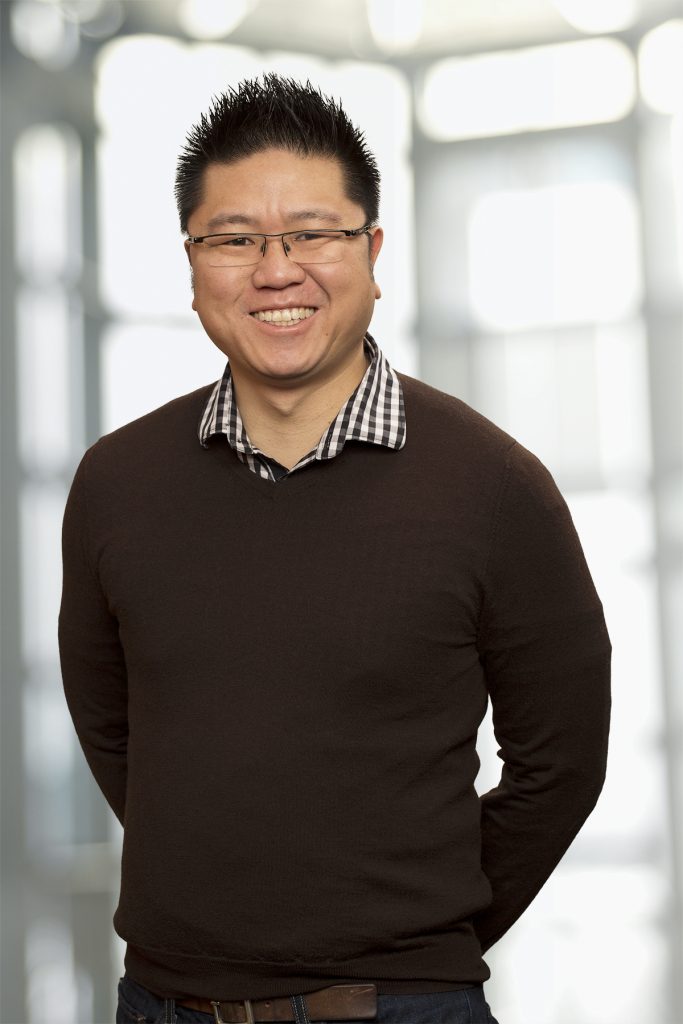
Professor of Nanobioengineering, and the Director of the Institute of Biomedical Engineering at the Univ. of Toronto
Giuseppe Battaglia
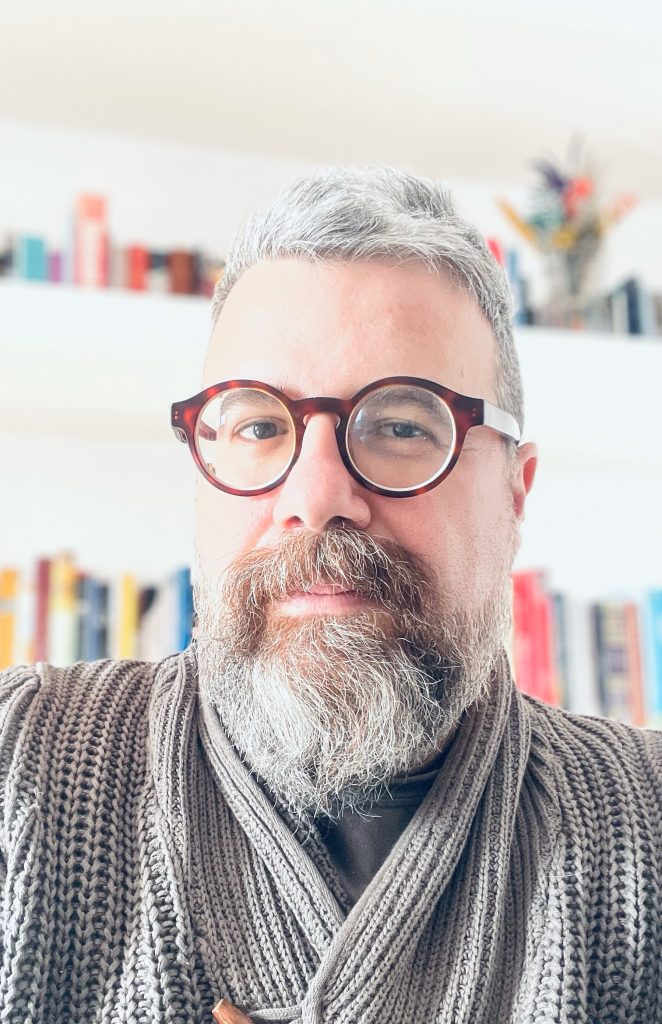
ERC Consolidator grantee and ICREA Research Professor
Ruth Schmid
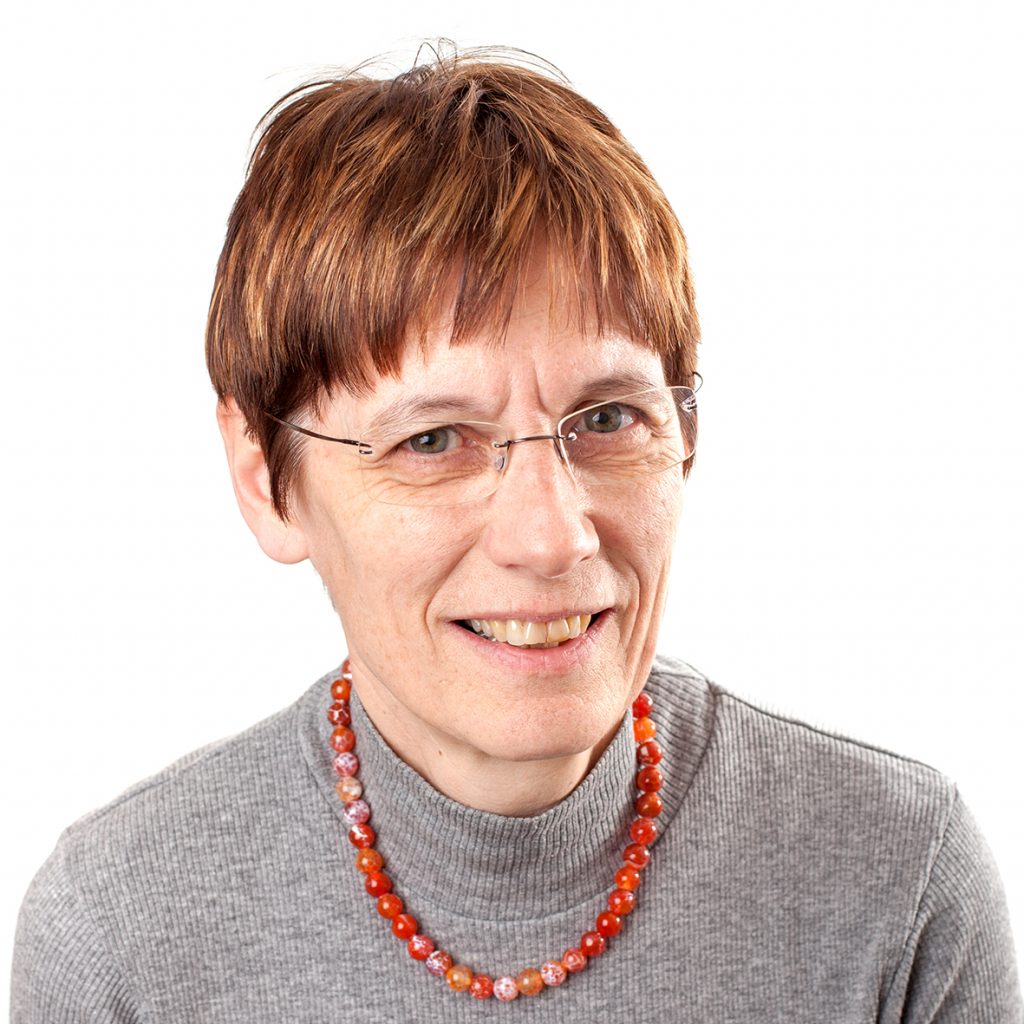
Ruth Schmid is Vice President Marketing at SINTEF Industry in Trondheim
Ruth Schmid

Ruth Schmid is Vice President Marketing at SINTEF Industry in Trondheim
Alexander N. Zelikin
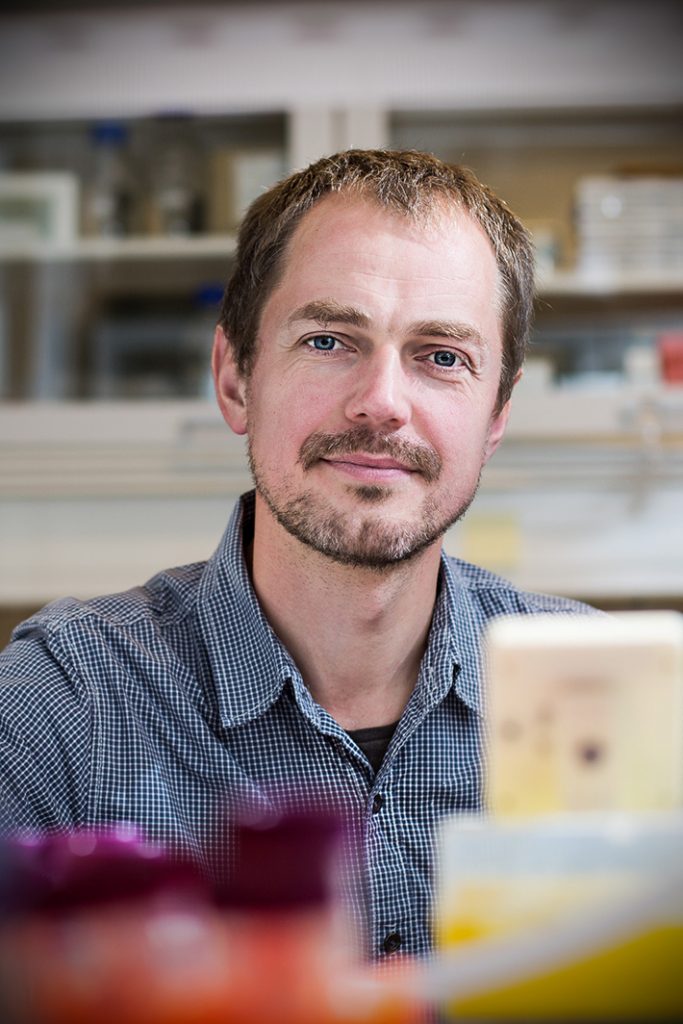
Professor in Medicinal Chemistry at Aarhus University (Aarhus, Denmark)
Inmaculada Conejos-Sánchez
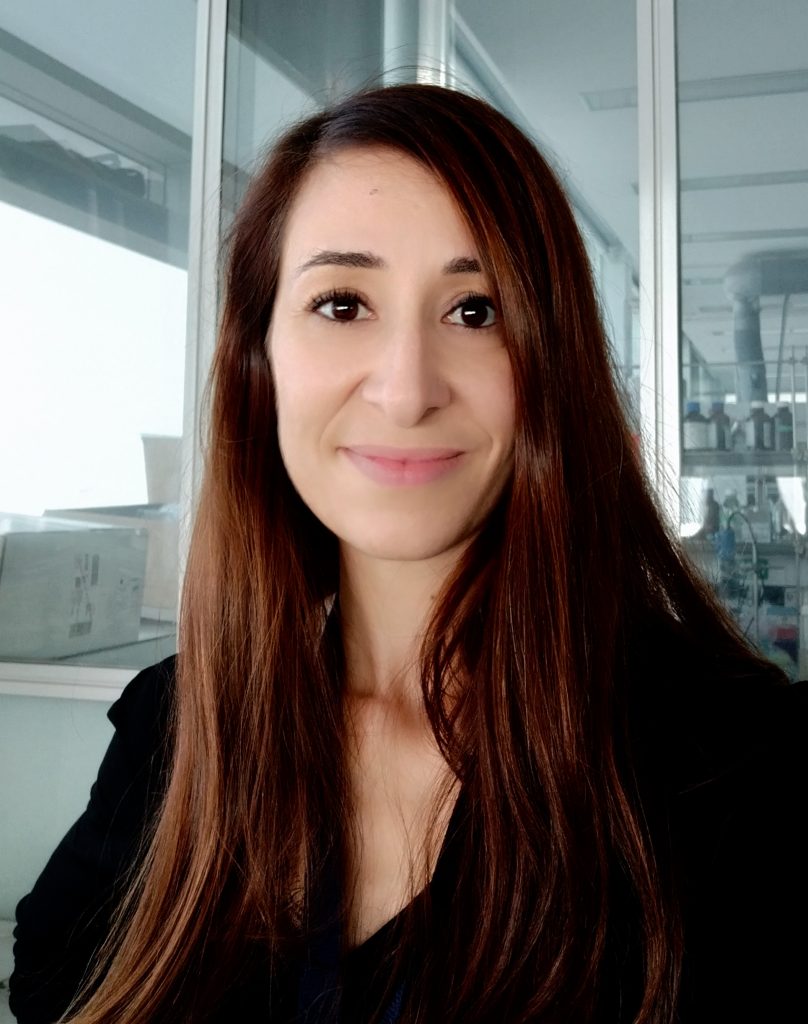
AECC Researcher Polymer Therapeutics Laboratory – CENTRO DE INVESTIGACIÓN PRINCIPE FELIPE
Anthony T. Cheung
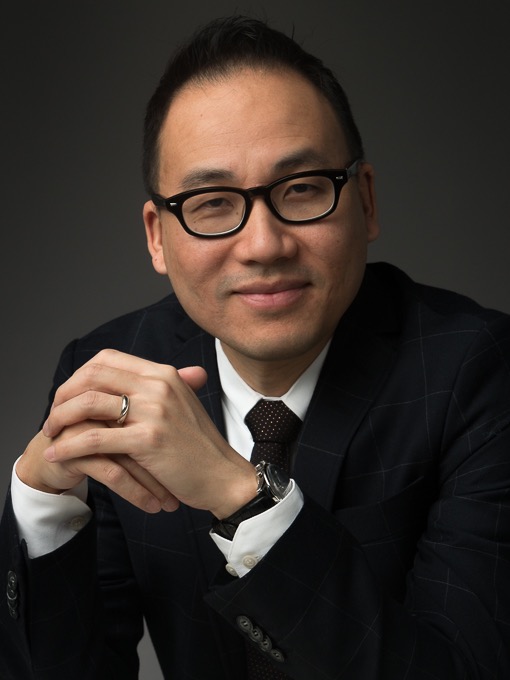
Founder and Chief Technology Officer of enGene
Miles A. Miller

Assistant Professor in the Department of Radiology at Harvard Medical School and Principal Investigator in the Center for Systems Biology at Massachusetts General Hospital
Andy Lewis

VP Pharmaceutical Sciences at Quotient Sciences
Vicent J. Nebot
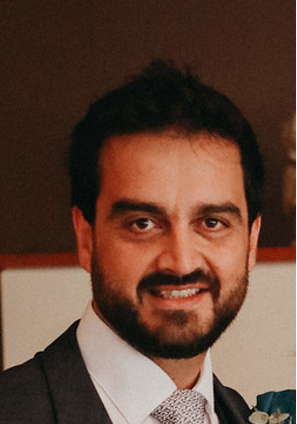
CHIEF TECHNICAL OFFICER AT POLYPEPTIDE THERAPEUTIC SOLUTIONS (PTS)
Ralf Kraehmer
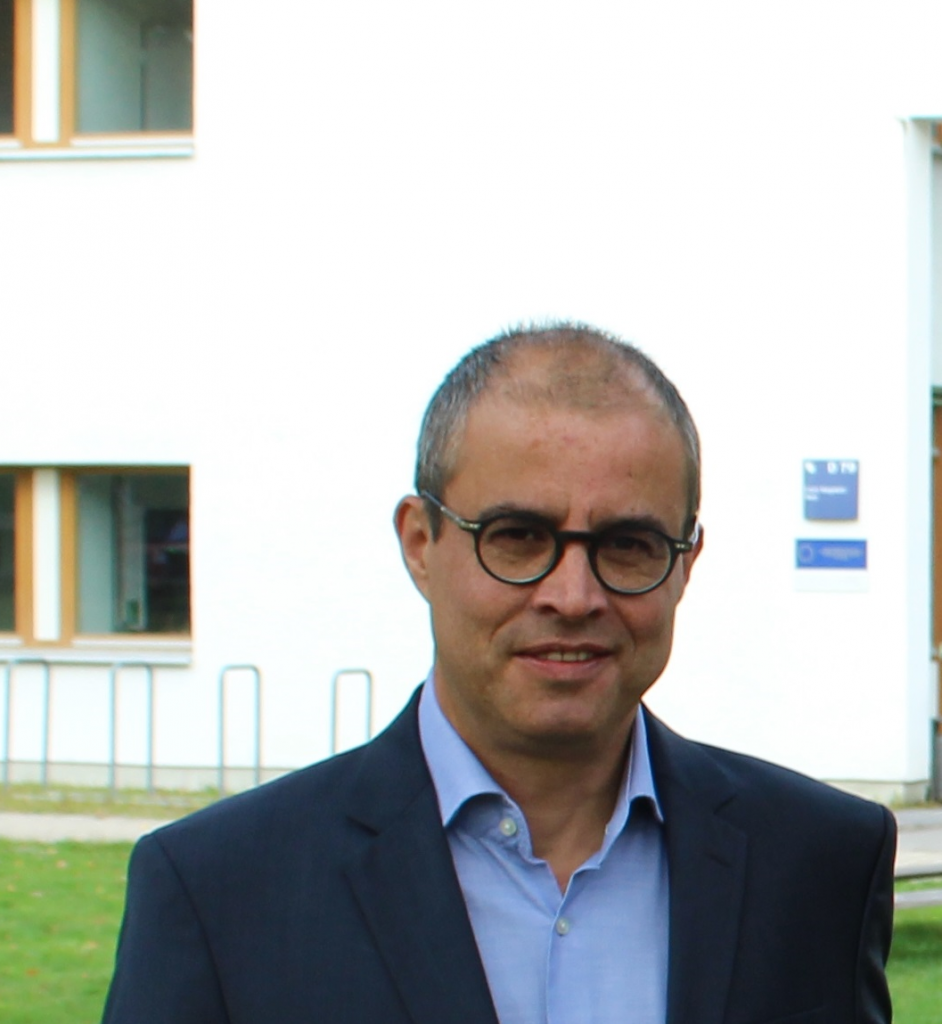
Managing Director and Founder celares GmbH
Cameron Alexander
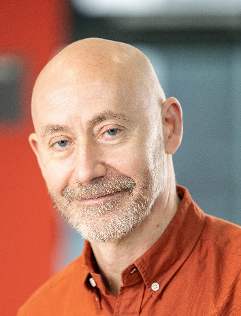
Professor of Polymer Therapeutics at the School of Pharmacy, University of Nottingham, UK.

The 13rd edition of the ISPT Conference will be held at:
- Palacio de Congresos de Valéncia
- Av. Cortes Valencianas, 60, Spain
- ispt2022@cipf.es